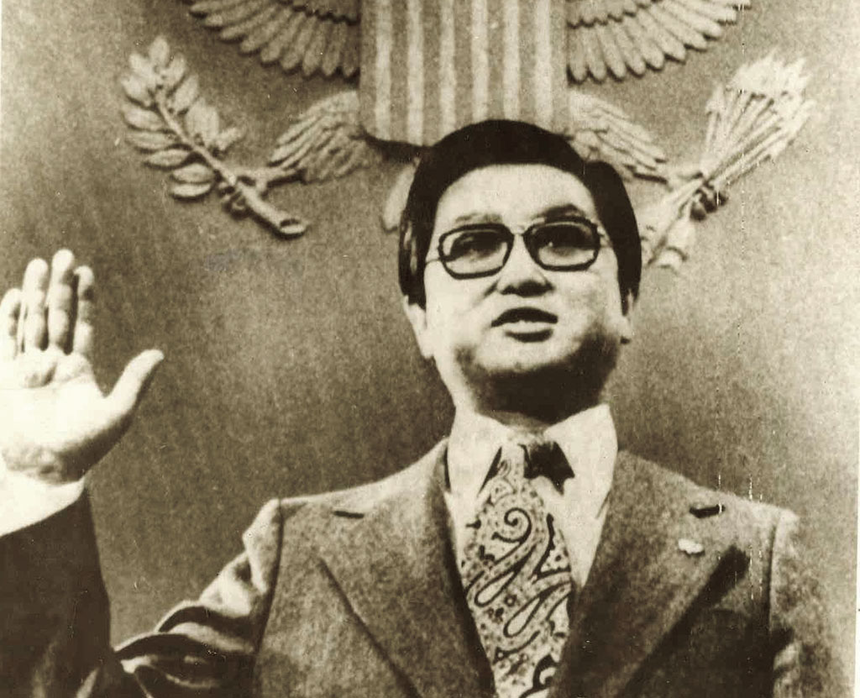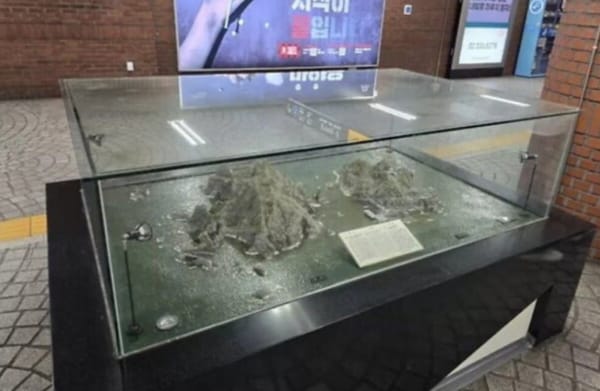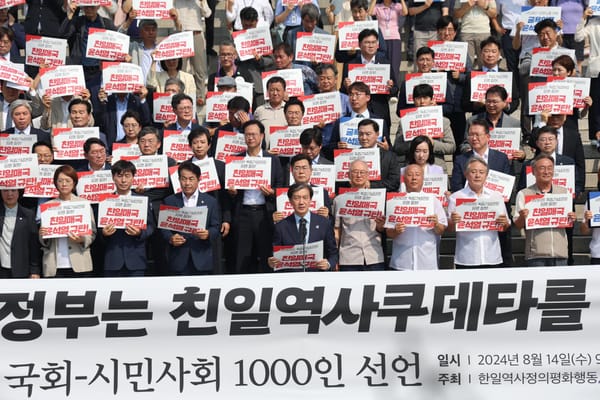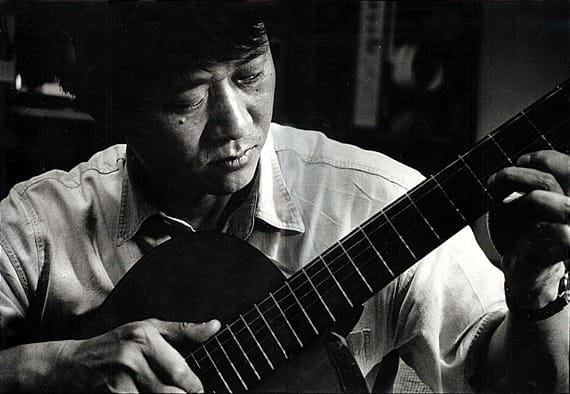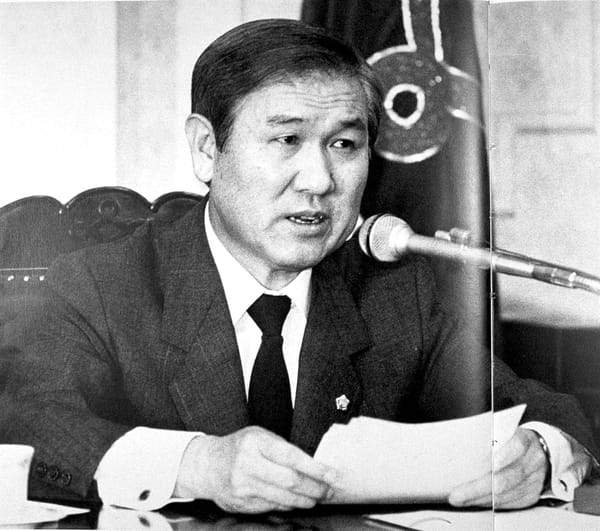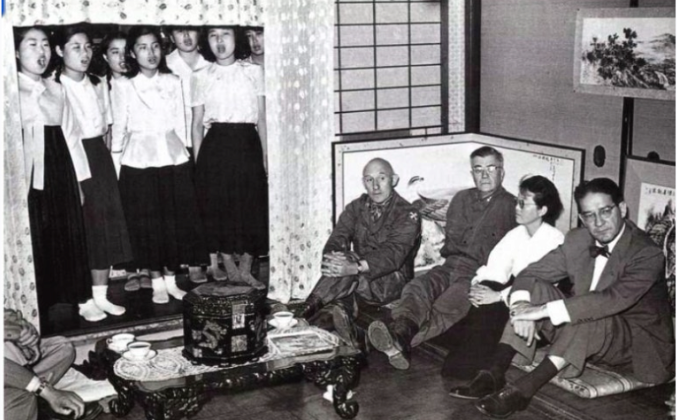Photo: Park Dong-seon swears in as a witness at the Fraser Committee. Credit: US National Archives.
In 1976, the Washington Post reported that South Korean dictator Park Chung-hee 박정희 paid USD 500k to 1m each year in bribes to various US Senators and Congressmen, ultimately resulting in a prison term for Representative Richard Hanna of California. Leading the Korean side of the operation was Park Dong-seon 박동선, a Korean American businessman turned lobbyist. On September 19, Park passed away in Seoul from long-standing health issues.
Born in 1935 in Suncheon, Pyeongannam-do Province 평안남도 순천 (present-day North Korea), Park emigrated to the United States at age 17 and graduated from Georgetown University. After a successful run in business, Park became a regular presence in the DC political scene with the founding of the George Town Club in 1966. The highly exclusive social club is still in operation to this day.
As Park Chung-hee’s increasing authoritarianism caused turbulence in relations between the US and South Korea, the Korean Central Intelligence Agency 중앙정보부 tapped Park Dong-seon to bribe key members of the US government. Park was highly effective; as many as 115 Members of Congress were implicated in what came to be called the “Koreagate.” In the US Congressional investigation that followed, Park admitted to sending cash to as many as 30 members of Congress.
The consequences of Koreagate were far-reaching. The outgoing Gerald Ford administration leveraged the fact that most of those implicated, including Hanna, were Democrats, and attempted to use the scandal to tu quoque Watergate out of existence. The incoming Jimmy Carter administration came close to withdrawing US troops from South Korea in the aftermath, despite the country’s assistance in the Vietnam War.
Park Dong-seon, meanwhile, continued his dubious career. He faced no prison time over Koreagate, having been granted full immunity in exchange for testifying in the Congressional Fraser Committee responsible for investigating the scandal. In 2006, however, he was arrested and sentenced to five years in prison for bribing United Nations officials on behalf of Saddam Hussein of Iraq in what came to be known as the Oil-for-Food Scandal.


